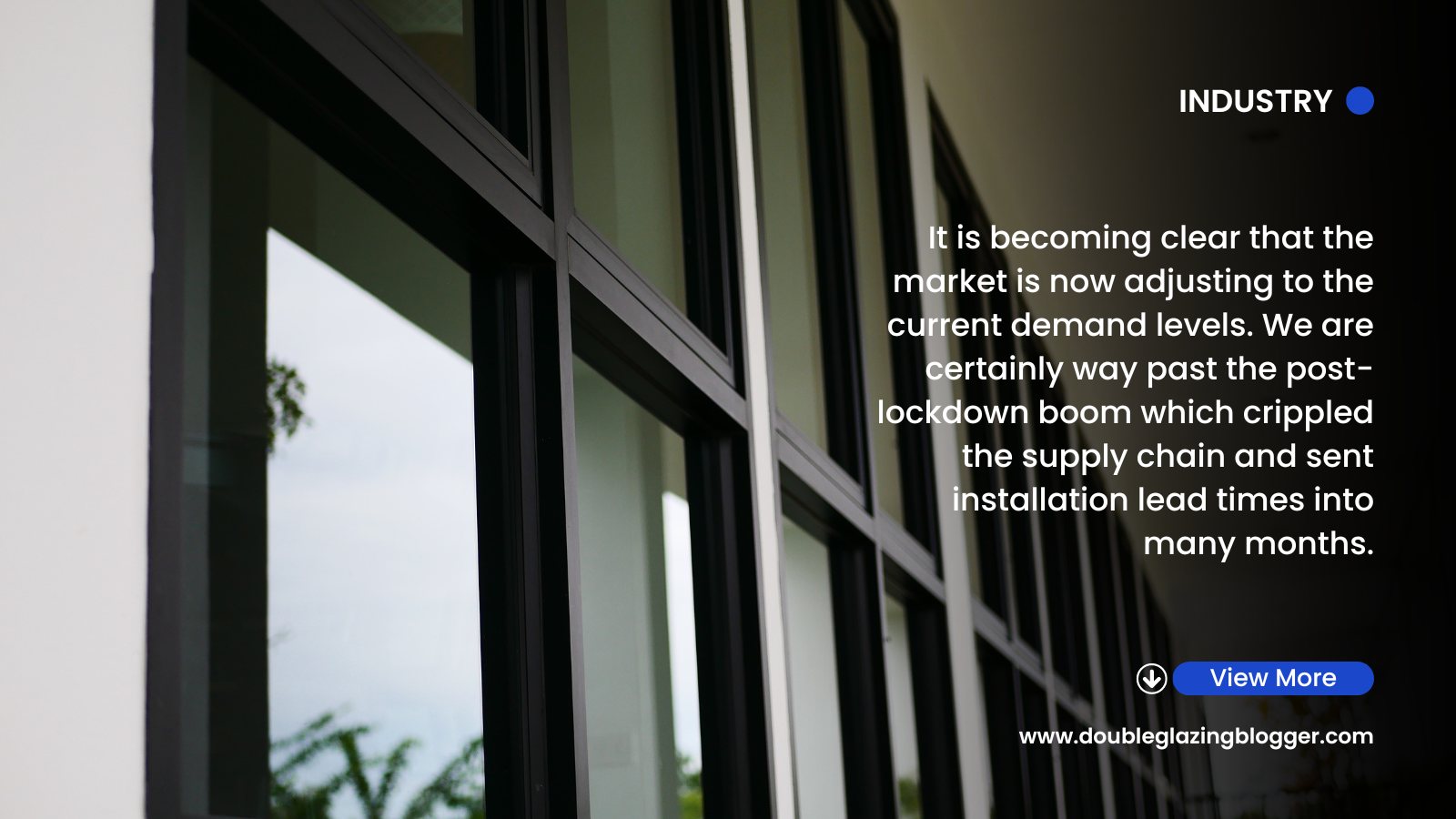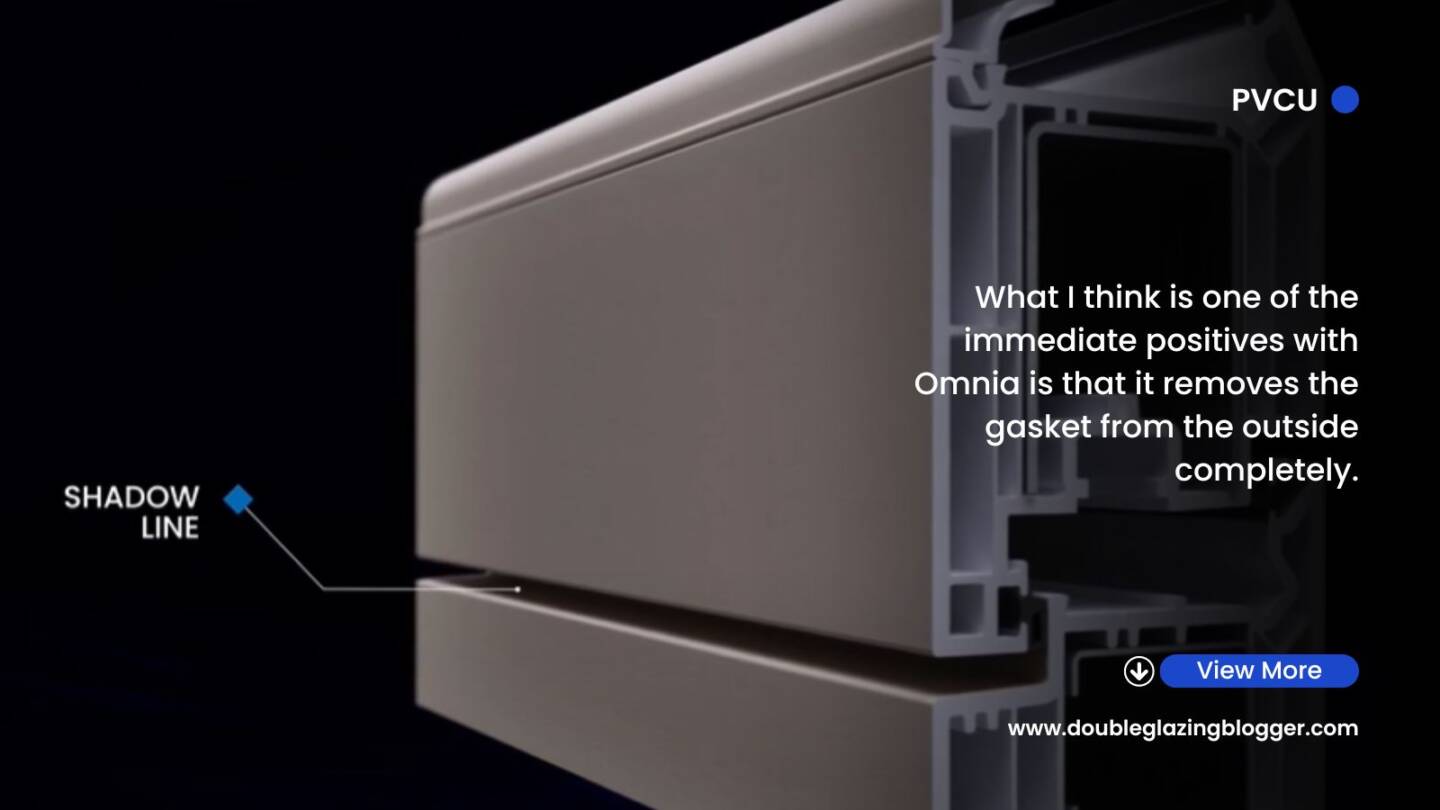Arcadia Group, one of the high street’s biggest retailing has collapsed into administration with rescue talks failing. This puts more than 13,000 jobs at risk just before Christmas, in an economy which may well fall into a double-dip recession.
Whilst this is not a fenestration business, there are some lessons to learn from this situation as the changes that are happening across the entire economy affect every business and we should be alert to what is happening elsewhere.
A rapidly changing landscape
I was driving to work this morning and I heard this description of Arcadia owner Sir Phillip Green: an analogue man in a digital world. No matter how you spin it, this world is now fully driven by digital, whether overtly or covertly. He managed to build a retail empire which garnered him huge influence in other circles, in a favourable trading environment where the high street still played a central role in the success of town and city centres.
Now, the retail landscape is unrecognisable compared to the 90’s and even early 00’s. Social media now plays a gargantuan influence on millennial and Gen-X shoppers as phones and tablets are interwoven into every aspect of life. The ease of which to access all manner of product delivered to the door now outweighs the experience of visiting a store or high street to buy whatever it is the person wants to buy. For people my age and younger, the time and often money saved through buying online has permanently changed retail. Personally, I always hated going out shopping. I was never a browser or casual shopper. If I needed something I was in and out. Now, I can jump on to whatever retailer offers me what I need, buy it online and have it delivered.
The story with Arcadia was written before the pandemic, but COVID has certainly accelerated the end of this company. They were losing ground to online retailers such as BooHoo.com and Pretty Little Thing and others. Companies who were harnessing the power of online digital and social media to creating huge growth companies which have been eating into the likes of the Arcadia Group for years before this crisis. Now, these businesses generate hundreds of millions of pounds in revenue per year. Combined, they have taken over retail.
Arcadia’s troubles follow more recent collapses and restructurings such as Debenhams, John Lewis, BHS and others. All were once huge high street companies. Now, Debenhams is at risk of following Arcadia into administration in days if rescue talks fail. John Lewis has closed stores. BHS is no more.
Away from the high street, there have been other examples of previously big businesses that have fallen victim to changing times. HMV never took music streaming seriously and has failed twice. Blockbuster never took films on-demand online seriously and are now deceased. Kodak is a mind-blowing example. They helped to create digital photography, then let it kill the company as it never updated its film-based model!
Today is Cyber Monday. More money is due to be spent online than Black Friday. In the years before Black Friday held that crown. Now, Cyber Monday is expected to be the biggest shopping day in terms of money spent. That was a trend taking place before the pandemic, but will have been amplified further due to the crisis.
Retail landscapes aren’t changing, they already have.
No time to be sentimental
The companies listed above that are no longer with us are in that position because they failed to recognise the changing landscape around them. Everyone could see it coming, but the denial of such a fundamental shift that was already taking place sealed their fate. In our own sector, we must learn the lessons of others who have succumbed to apathy and denial.
Bringing it back to fenestration, there are a number of brands that have embraced the new digital landscape and have created powerful and influential brands. Door-Stop and Solidor are perhaps the best-known brands in composite doors, although others are now making big gains into that influence. Brisant Secure has built a marketing machine that spans fenestration, locksmiths and homeowners. Morley Glass has invested massively in video content to help promote their product and continue to dominate the integral blind market. Deceuninck has used social media and video to help build their business into one of the most stable and profitable systems companies.
There are more, these are just some examples. All of these businesses, however, have embraced digital technologies to reach their customer base, expanding it and building huge market share. Door-Stop is a good example of a company who committed fully to new ways of doing things. I remember when they first started their marketing was on point. Slick brochures, but an even better website, with the ability to design and price doors, order them online, order marketing materials for installers. It totally changed how doors were marketed, priced, sold and ordered. Since then, that business model has been replicated across the industry and now you wouldn’t think of selling or ordering doors in any other way.
Another good example is the success of the VBH online store. In a recent interview with VBH GB MD Simon Monks we talked about how operating a business has changed, and that this year alone their sales on their online store have rocketed over 60%. It’s worth a watch. VBH customers have embraced new ways to order what they need and it’s highly unlikely they will ever regress back to their old ways.
The fact of the matter is that there is no time to be sentimental about the old ways. The business landscape is evolving at an insane speed and was doing so long before the pandemic came along. Wait too long and someone else is going to sail on past you and take your market share. The Arcadia collapse is a good example. We can reminisce about days out shopping, touring high streets and shopping centres, but the reality is that nowhere near enough money is being spent there to make them sustainable. More and more is being spent online because that’s where the true market place is now, with high streets turning to bars and restaurants as a way to lure spenders back.
We’re undergoing a new industrial revolution and there is no stopping it. There is only working with it. Fail to do so and you’ll be swiftly left behind.
To get weekly updates from DGB sent to your inbox, enter your email address in the space below to subscribe:
By subscribing you agree to DGB sending you weekly email updates with all published content on this website, as well as any major updates to the services being run on DGB. Your data is never passed on to third parties or used by external advertising companies. Your data is protected and stored on secure servers run by Fivenines UK Ltd.






